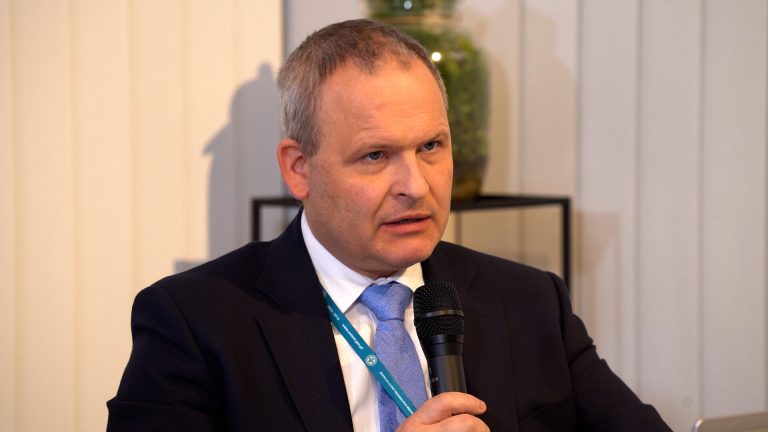Up to 80 percent people may not know that they are sick. 'Great injustice in access to treatment'

Many Poles do not know that they suffer from primary immunodeficiencies. The disease develops silently, causing many non-specific symptoms. In an interview with “Wprost”, Prof. talks about the challenges related to its treatment, diagnostic difficulties and “organizational obstacles” faced by patients and specialists. Sylwia Kołtan, national consultant in the field of clinical immunology.
Paulina Cywka, “Directly”: Let's start from the beginning. What are primary immunodeficiencies (PIDs)?
Prof. Sylwia Kołtan*: Primary immunodeficiencies are a big bag that includes all diseases that disturb the functioning of the immune system and very often have a genetic basis, so they are congenital diseases.
How big is this “bag”?
To date, almost 500 diseases that disrupt the functioning of the immune system have been identified. This is a very diverse group of diseases, especially when it comes to the clinical picture. On the one hand, we may have patients whose biggest problem is frequent severe infections and unusual complications, and on the other hand, we may have patients who are prone to autoimmune diseases (in which the human immune system begins to fight its own tissues and organs) or cancer.
Another group of diseases that occur in patients with congenital or primary immune deficiencies are allergic diseases, often with a severe course and early onset. Symptoms appear at a very early age. Patients often have not one but several allergic diseases and respond poorly to treatment.
Primary immunodeficiencies are not only a very diverse, but also a democratic group of diseases.
Yes. That's true. The clinical picture with which a patient sees a doctor is very heterogeneous. Additionally, diseases can begin from birth to old age.
Although PID is usually congenital and has a genetic basis, its symptoms may appear in adults or even at an advanced age. So we're dealing with huge diversity here.
You mentioned that the symptoms of primary deficiencies are very diverse. Are there any specific symptoms that should prompt a visit to the doctor?
When it comes to children, the occurrence of two serious diseases, not necessarily in short succession, may be a very strong warning. If, for example, a child has had severe pneumonia that requires treatment in hospital, with severe complications, and then develops another serious disease, a red light should go off in the minds of the parent and the doctor.
Another alarm signal is the tendency to develop various types of infections, e.g. caused by microorganisms that healthy people have no problems with. Infections can be common and usually or almost always require treatment with antibiotics. A child often has to receive two or even three sets of antibiotics or go to hospital for treatment to deal with the disease. There are also other symptoms, such as thrombocytopenia, an enlarged spleen or massively enlarged lymph nodes. When talking about people with primary immunodeficiencies, I always say that if the patient requires the care of many specialists, you should consider PID.
What symptoms should adults watch out for?






